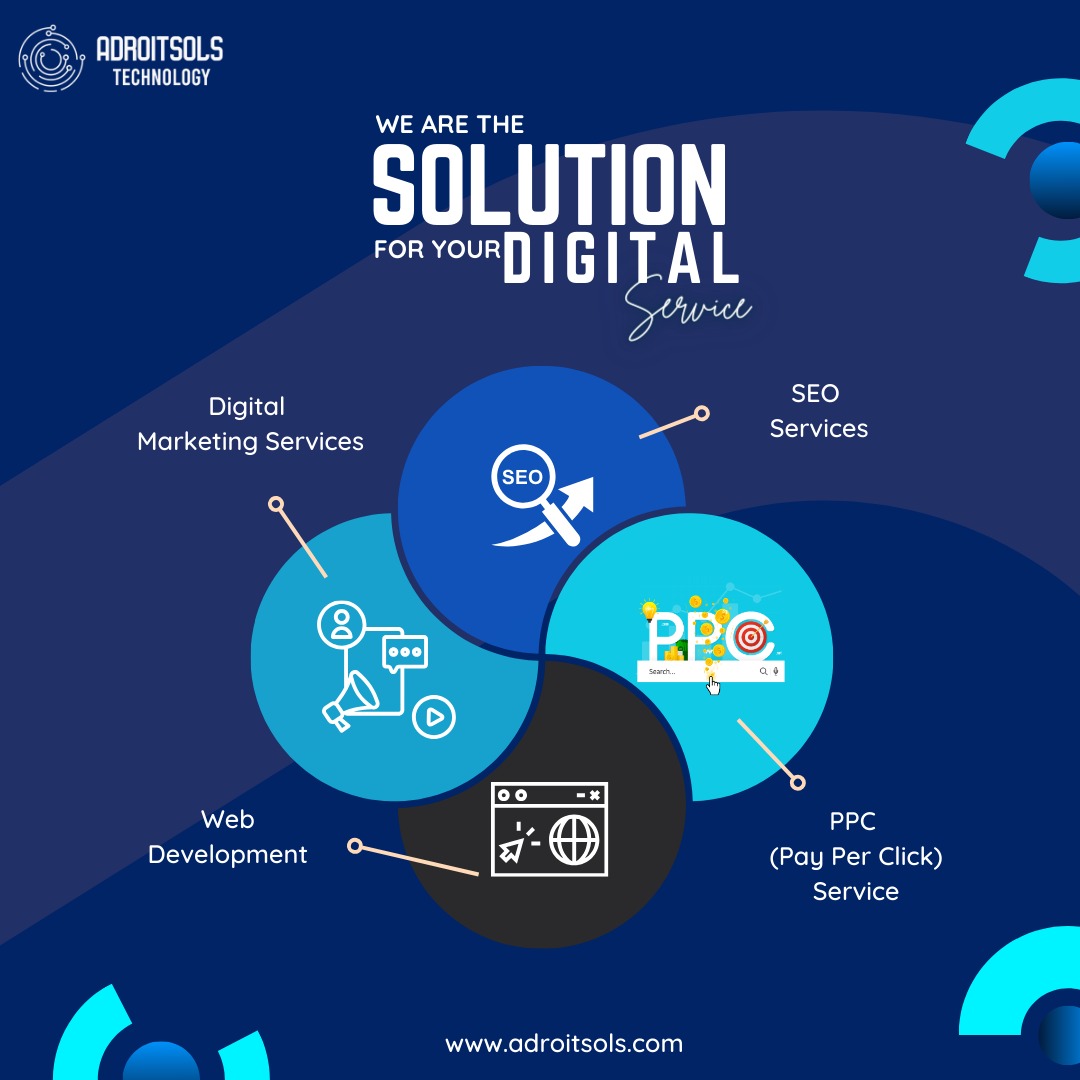Introduction to BioEMR
BioEMR, short for Bio Electronic Medical Record, represents a significant leap forward in the way patient medical records are managed and utilized in healthcare. Traditional electronic medical records (EMRs) store patient information like medical history, medications, and test results. BioEMR goes further by incorporating a vast array of biological data, such as genetic information and medical images, and leveraging artificial intelligence (AI) to analyze this data. This combination of advanced data management and AI processing enhances clinical decision-making in numerous ways.
How BioEMR Works?
Data Integration
Comprehensive Data Collection:
BioEMR gathers a wide variety of health data from multiple sources. This includes not only standard patient information but also complex biological data like genetic sequences, detailed lab results, imaging scans (like X-rays and MRIs), and lifestyle information.
AI technologies within BioEMR synthesize all this data, presenting it in an integrated, user-friendly format. This holistic view ensures that healthcare providers can access all pertinent information about a patient from a single interface.
Data Analysis
Pattern Recognition:
AI algorithms excel at identifying patterns in large datasets. In a BioEMR system, these algorithms can detect subtle signs of diseases by analyzing trends and changes in the patient’s data that might be overlooked by the human eye.
For example, AI can analyze a series of blood tests over time to identify early markers of conditions like diabetes or cardiovascular disease, even before symptoms become apparent.
Predictive Analytics:
Predictive analytics involve using historical data to forecast future outcomes. In healthcare, AI can predict potential health issues based on a patient’s current and past data.
If a patient has a combination of risk factors and symptoms, AI can calculate the likelihood of developing a specific condition, such as heart disease or cancer, allowing for early intervention.
Decision Support
Personalized Treatment Plans:
By considering the full spectrum of biological data, AI can suggest treatment plans tailored to the individual patient’s needs. This personalized approach ensures treatments are more effective and reduces the likelihood of adverse reactions.
For instance, in oncology, AI can analyze genetic information to recommend targeted therapies that are more likely to be effective for a particular patient’s cancer type.
Evidence-Based Recommendations:
AI systems can access and analyze the latest medical research and clinical guidelines. This capability ensures that the recommendations provided to doctors are based on the most current evidence, which is crucial for making informed treatment decisions.
This means a doctor can receive immediate insights on the best course of action for treating a condition, grounded in the latest research and data.
Benefits of BioEMR in Clinical Decision Making
Improved Diagnosis
- Accurate Diagnoses:
- AI enhances the accuracy of diagnoses by analyzing comprehensive datasets and identifying patterns that indicate specific medical conditions.
- For example, AI can cross-reference symptoms and genetic markers to diagnose rare diseases that might be missed through conventional diagnostic methods.
- Early Detection:
- AI’s ability to detect health issues at an early stage is a significant advantage. Early detection often leads to more effective treatments and better patient outcomes.
- For example, AI can analyze routine scans and detect anomalies indicative of cancer before a radiologist might notice them.
Personalized Medicine
- Tailored Treatments:
- AI takes into account the unique characteristics of each patient, such as their genetic makeup, lifestyle, and medical history, to recommend the most effective treatments.
- This personalized approach can lead to better patient outcomes as treatments are specifically designed to work for the individual rather than a one-size-fits-all method.
- Adaptive Care Plans:
- AI can continuously update and adjust treatment plans as new data becomes available, ensuring that care remains effective over time.
- For instance, if a patient’s response to a treatment is not as expected, AI can quickly suggest alternatives or modifications to the treatment plan.
Enhanced Efficiency
- Time-Saving:
- AI automates many routine tasks such as data entry, scheduling, and preliminary analysis, allowing doctors to focus more on direct patient care.
- This efficiency means that healthcare providers can see more patients and spend more quality time with each one.
- Resource Optimization:
- By predicting patient needs, AI helps in the better allocation of medical resources, ensuring that patients receive timely and appropriate care.
- For example, AI can forecast the demand for hospital beds or specific treatments, helping healthcare facilities manage their resources more effectively.
Better Outcomes
- Informed Decisions:
- AI provides evidence-based recommendations, helping doctors make more informed decisions about patient care.
- This leads to better patient outcomes as treatment decisions are grounded in the latest research and comprehensive data analysis.
- Continuous Learning:
- AI systems improve over time by learning from each case they analyze. This continuous learning enhances the overall quality of care provided.
- The more data AI processes, the more accurate and reliable its recommendations become, leading to ongoing improvements in patient care.
Case Studies and Real-World Applications
Oncology
In cancer treatment, BioEMR with AI can analyze genetic profiles of tumors to recommend the most effective targeted therapies. This approach has been shown to significantly improve treatment outcomes for patients with specific types of cancer.
Cardiology
AI in BioEMR can predict the likelihood of cardiac events by analyzing a patient’s health data over time. Early identification of risk factors enables proactive measures, such as lifestyle changes or medication adjustments, to prevent heart attacks or strokes.
Diabetes Management
BioEMR systems can help manage diabetes by continuously monitoring blood glucose levels and other relevant health metrics. AI can provide real-time recommendations for insulin dosages and dietary adjustments, improving overall diabetes management.
Radiology
AI enhances radiology by quickly and accurately interpreting medical images. This not only speeds up the diagnostic process but also reduces the likelihood of human error, ensuring that conditions like fractures or tumors are identified and treated promptly.
Conclusion
Read More: How PanOmiQ Revolutionizes Real-Time Genomic Testing?



